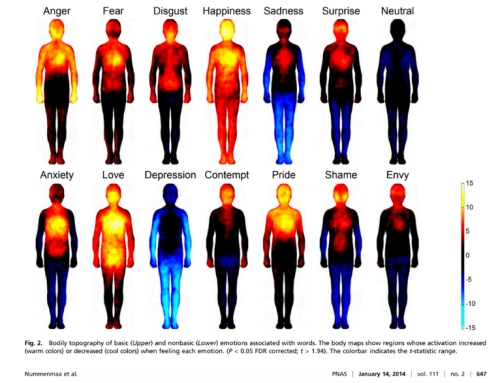
Whenever my petrol tank is running low and the fuel light starts flashing, I am always reminded of the Seinfeld episode of the obsessive character, Kramer, not only test driving a car, yet also testing the limits of its fuel tank, with his increasingly concerned passenger questioning how low is he going to go?
I know when my car is running low on petrol, because before I even check the fuel gauge it feels heavier, slower and less responsive. The same could be said with our brains! In fact, it can be a powerful analogy to compare our brains to our cars as it really helps to understand the importance of keeping our brains topped up as much as our bodies.
Dopamine is like a high-grade premium octane for our brains. It is one of the critical neurotransmitters that keep our brains happily fuelled and fed, and is essential for our brains to work effectively, particularly our pre-frontal cortex (PFC). Our PFC is responsible for decision-making, strategising, emotional regulation, attention and rationalising, and it therefore requires lots of fuel for optimum functioning. If we’re running low on dopamine, it will affect our ability to think clearly, focus, make good decisions – or any decisions at all! – and manage and regulate our emotions.
Dopamine is triggered by the reward centre of our brain, so most things that generate rewards for us will release dopamine.
When we put this in the context of work, some factors that will increase dopamine for our teams include:
- Positive emotions – when we create climates that cultivate positive emotions, dopamine goes up. Conversely, if our workplace is characterised by negative emotions, our dopamine goes down
- Positive communication – when we replace negative and critical language with positive and supportive language, and apply techniques such as balancing inquiry statements (open questions) with advocacy statements (telling) by intentionally increasing the ratio of positive statements to negative, we can increase dopamine
- Positive recognition – giving immediate feedback to reinforce positive behaviour
Mindfully creating environments that generate dopamine is a leadership skill that will result in a culture of high performance and wellbeing. Let’s not be a Kramer and ignore the warning signs of low levels of dopamine in our team, or push them so far that they run out of fuel completely!

Deb is a Senior Consultant who is passionate about Positive Leadership and brings with her a wealth of experience in applying Positive Psychology and the Neuroscience of Leadership to excel in leadership and performance. Book here for a conversation to learn more about our leadership and capability programmes.






